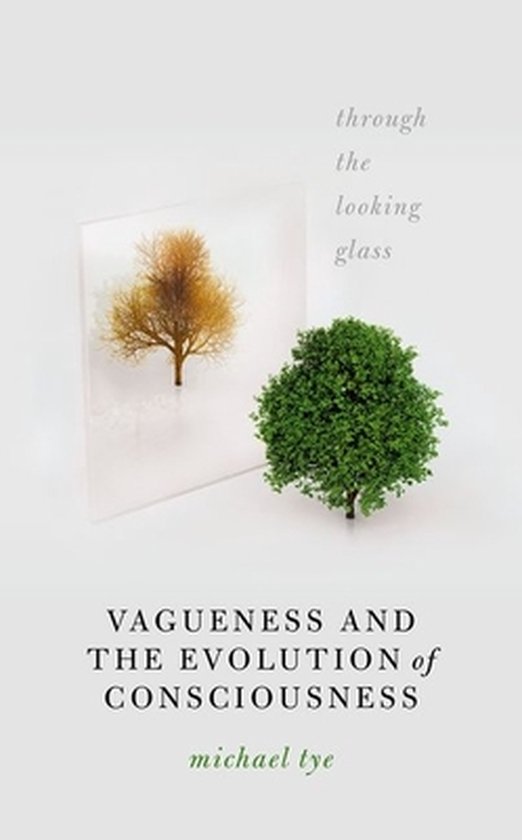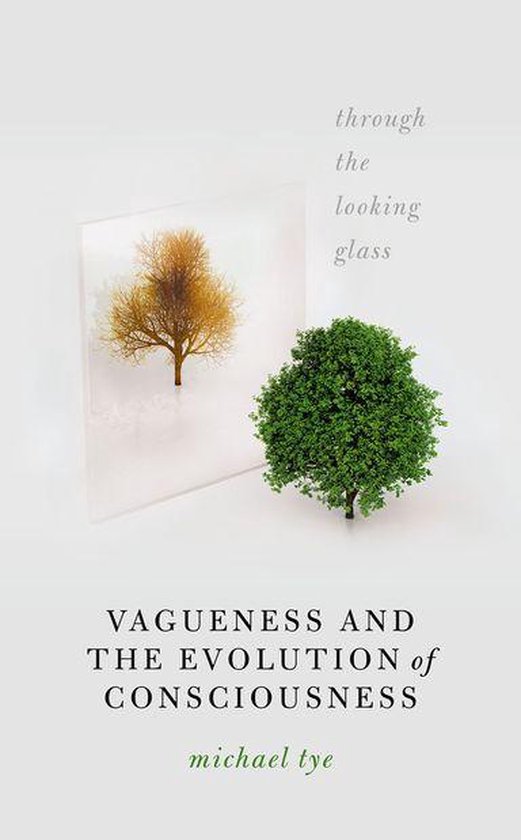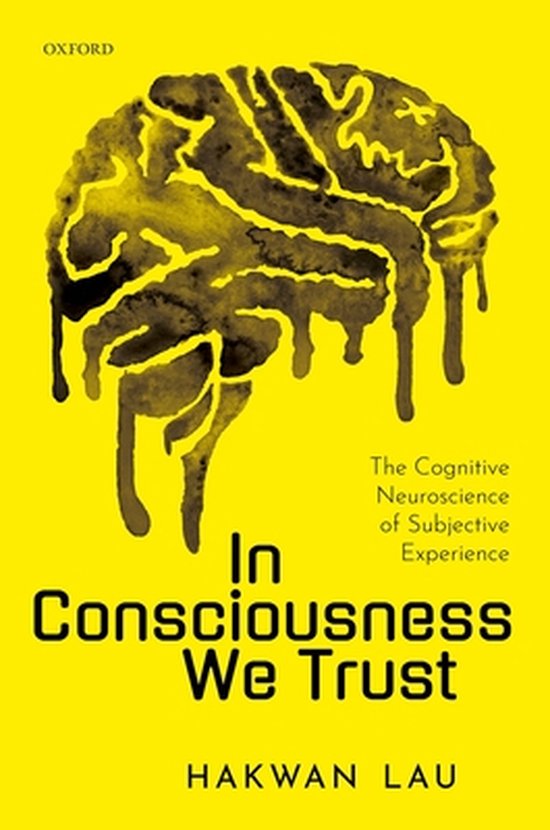
Vagueness and the Evolution of Consciousness
The two dominant theories of consciousness argue it appeared in living beings either suddenly, or gradually. Both theories face problems. The solution is the realization that a foundational consciousness was always here, yet varying conscious states were not, and appeared gradually. Michael Tye explores this idea and the key questions it raises.
When Alice stepped through the looking-glass, she encountered a peculiar world where she meets animated chess pieces, characters from nursery rhymes, and talking animals. Everything there is inside out and upside down: so it is with consciousness. Reflecting on the inception of consciousness, it is natural to suppose that there are just two alternatives. Either consciousness appeared in living beings suddenly, like a light switch turning on, or it appeared gradually, like the biological development of life itself, through borderline cases which became the collective experience over time. For the former theory, consciousness is an on/off matter, but once it was there it became richer over time, like a beam of light becoming brighter and broader in its sweep. For the latter theory this is not the case, and there are shades of grey in how consciousness develops. Unfortunately, both alternatives face deep problems. The solution to these problems lies in the realization, strange as it may be, that a key element of consciousness itself was always here, as a fundamental feature of micro-reality. Varying conscious states were not, however: they appeared gradually. In Vagueness and the Evolution of Consciousness, Michael Tye addresses the questions that this raises. Where in the brain is consciousness located? How can consciousness be casually efficacious with respect to behaviour? What is the extent of consciousness in the animal world? How can all of this be so?
When Alice stepped through the looking-glass, she encountered a peculiar world where she meets animated chess pieces, characters from nursery rhymes, and talking animals. Everything there is inside out and upside down: so it is with consciousness. Reflecting on the inception of consciousness, it is natural to suppose that there are just two alternatives. Either consciousness appeared in living beings suddenly, like a light switch turning on, or it appeared gradually, like the biological development of life itself, through borderline cases which became the collective experience over time. For the former theory, consciousness is an on/off matter, but once it was there it became richer over time, like a beam of light becoming brighter and broader in its sweep. For the latter theory this is not the case, and there are shades of grey in how consciousness develops. Unfortunately, both alternatives face deep problems. The solution to these problems lies in the realization, strange as it may be, that a key element of consciousness itself was always here, as a fundamental feature of micro-reality. Varying conscious states were not, however: they appeared gradually. In Vagueness and the Evolution of Consciousness, Michael Tye addresses the questions that this raises. Where in the brain is consciousness located? How can consciousness be casually efficacious with respect to behaviour? What is the extent of consciousness in the animal world? How can all of this be so?
| Auteur | | Michael Tye |
| Taal | | Engels |
| Type | | Hardcover |
| Categorie | | Religie, Spiritualiteit & Filosofie |




